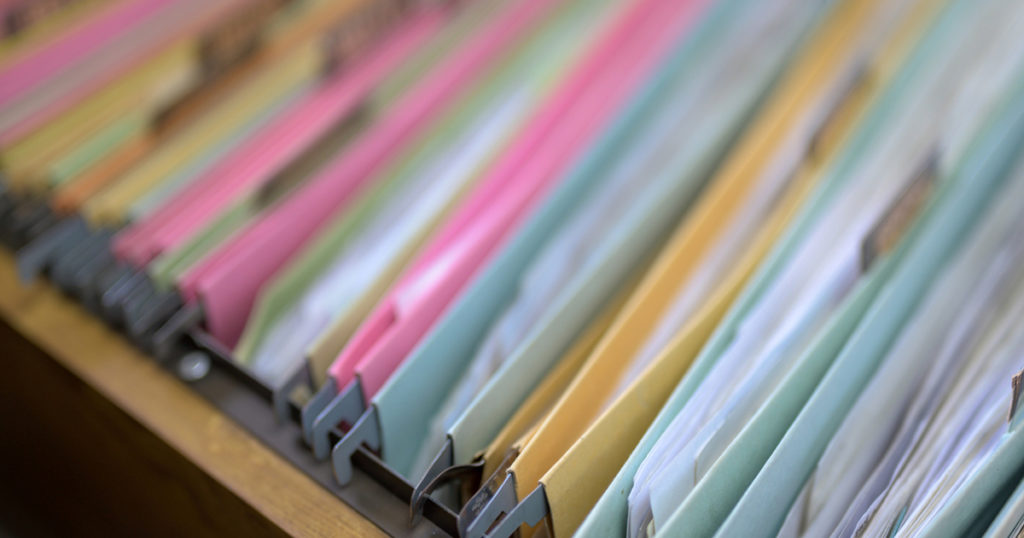
"How long do I have to keep this stuff?" is the usual question you ask yourself when feeling that you are running out of room for all this "paper" that may never be needed. The paper receipt you get from your fast-food lunch may go directly into the trash. The prudent consumer may keep it to reconcile it with their monthly statement and then, trash it. The natural hierarchy with receipts and documents associated with purchases is that as the price or value goes up, the more important it is to keep them. The question becomes "but for how long?" The following table will give you an indication on how long certain documents related to your home need to be kept according to best practices of tax professionals. IRS recommends that records are kept for three years from the date the taxpayer files their original return or two years from the date the tax was paid, whichever is later. There is no time limit in the case of fraud or failure to file a tax return. Document Length of … Continue reading...




